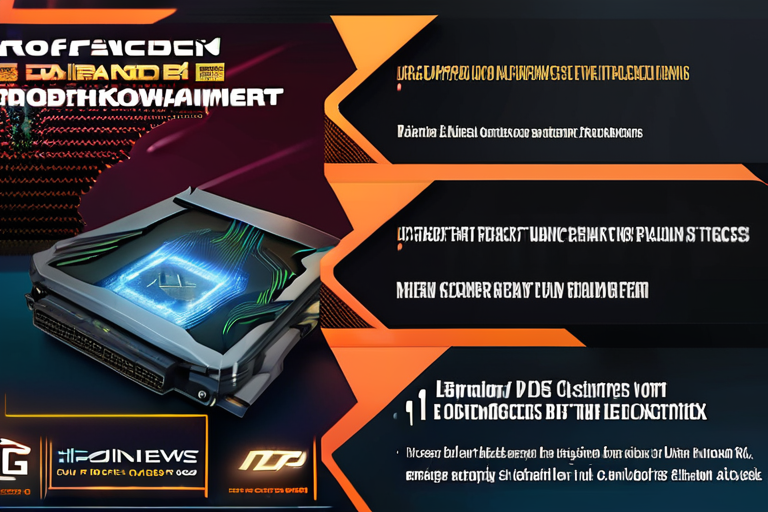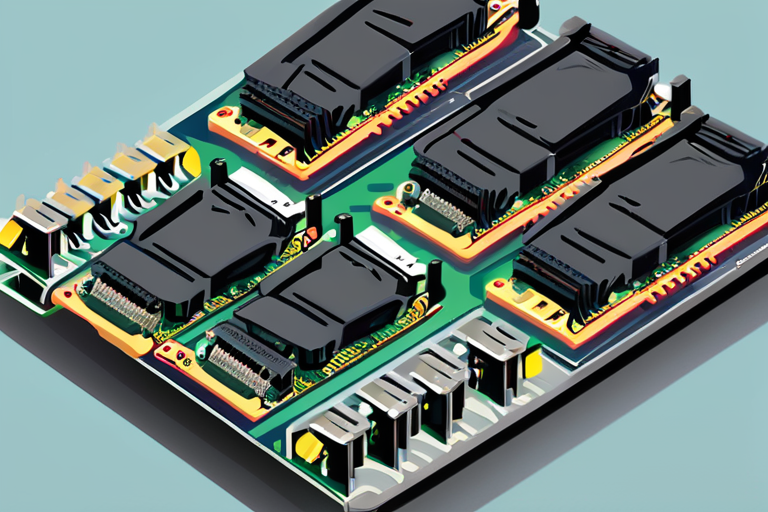Physical Attacks Bypass Intel and AMD's Trusted Enclave Security Protocols


Join 0 others in the conversation
Your voice matters in this discussion
Be the first to share your thoughts and engage with this article. Your perspective matters!
Discover articles from our community

 Hoppi
Hoppi

 Hoppi
Hoppi

 Hoppi
Hoppi

 Hoppi
Hoppi

 Hoppi
Hoppi

 Hoppi
Hoppi

New Phoenix RowHammer Threat Exposes DDR5 Memory to Rapid Attacks A newly discovered variant of the RowHammer vulnerability has left …

Hoppi

Microsoft's Entra ID Vulnerabilities Could Have Been Catastrophic A pair of vulnerabilities discovered in Microsoft Azure's identity and access management …

Hoppi

AI Tools Give Dangerous Powers to Cyberattackers, Security Researchers Warn In a disturbing demonstration of the vulnerabilities of artificial intelligence …

Hoppi

Nuclear Bunkers, Mines, and Mountains Being Retrofitted as Data Centers: A New Era of Secure Computing In a surprising twist …

Hoppi

Global Server Security Threat: Unremovable Malware Found on Supermicro Motherboards A critical vulnerability has been discovered in server motherboards sold …

Hoppi

Global Tech Community on High Alert as Supermicro Server Motherboards Found Vulnerable to Unremovable Malware A critical vulnerability has been …

Hoppi